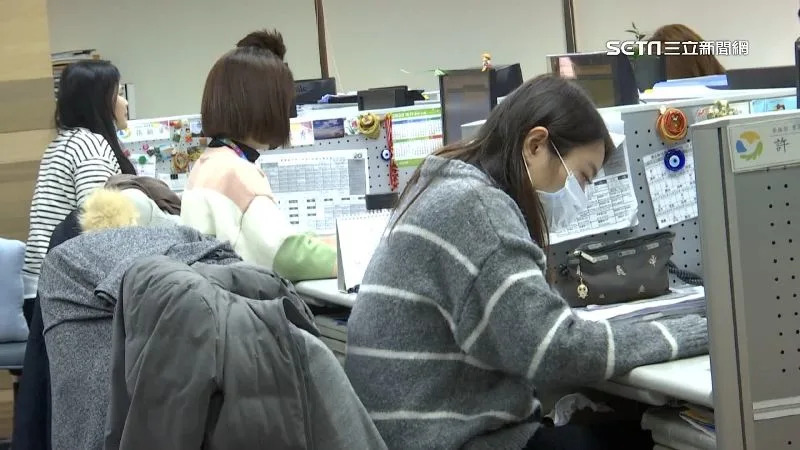Ma Ying-jeou greatly praised the "22K policy as good governance" Graduates from that year: It helped many people.
- byVic

讀後心得
Some internet users recall the "22K Starting Salary Subsidy Policy" introduced by former President Ma Ying-jeou during the 2008 financial crisis, which aimed to help newly graduated young people secure jobs. Although the policy faced criticism from various quarters, many netizens believe it at least prevented the situation of graduates facing immediate unemployment and helped a lot of people. However, some also pointed out that the subsidies might make companies indifferent to salary increases, leading to a long-term low-wage problem, further fueling discussions about the policy.
Some netizens recalled that during the financial crisis in 2008, many university graduates faced unemployment immediately after graduation.

"If there was no 22K, would graduates have faced unemployment?" Recently, some netizens reminisced about the 22K policy from over a decade ago, mentioning that during the 2008 global financial crisis, the former president launched the "22K starting salary subsidy policy" in hopes that newly graduated young people would at least have a starting job. However, over the years, this policy has been criticized repeatedly, prompting curiosity about whether it wasn't a good governance strategy. This discussion sparked intense debate.
The original poster (OP) initiated a discussion on the forum titled "Did anyone from the '70s or '80s experience the 22K?" He mentioned that in 2008, the financial crisis broke out in the United States due to the subprime mortgage crisis and the collapse of Lehman Brothers, leading to global economic turmoil that severely impacted Taiwan as well. Most businesses cut costs, were only willing to offer low salaries or even freeze hiring, and some industries implemented partial salary or unpaid leave, resulting in a large number of fresh graduates unable to find jobs.

The "22K Policy" launched by Ma Ying-jeou aimed to address employment difficulties by providing on-demand government support for employers, with a requirement that wages be at least NT$22,000, hoping to stabilize youth employment and the willingness of businesses to hire. The OP stated, "I remember the minimum wage was over NT$18,000 at that time." After Ma proposed the 22K, many companies rushed to apply for subsidies to hire graduates. He pointed out that although the salary was not high, it was better than being unemployed, and he believed that despite criticisms of the policy to this day, "it can also be said to have saved quite a few people."
Additionally, on anonymous forums, some netizens discussed similar topics, exploring what the starting salary would have been if the 22K policy had not been implemented at that time. "Would it be 15K? 18K? 20K? 22K? 30K? Or even 44K?" This article sparked heated discussions, with many responding, "I was saved by the 22K; there were really no job vacancies upon graduation," "Without the 22K subsidy, it would have been unemployment right after graduation," "Back then, a starting salary of 20,000 in the south was already considered a laugh, and 22K was truly a blessing," with many even stating that "good governance" was truly deserved. However, there were also viewpoints stating, "The subsidy made businesses lazy, keeping wages stagnant," "Relying solely on the 22K subsidy for a year would lead to layoffs once the subsidy ends," and "Graduating at 22K and not being able to get a raise years later is the real difficulty."







